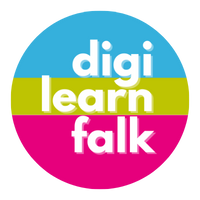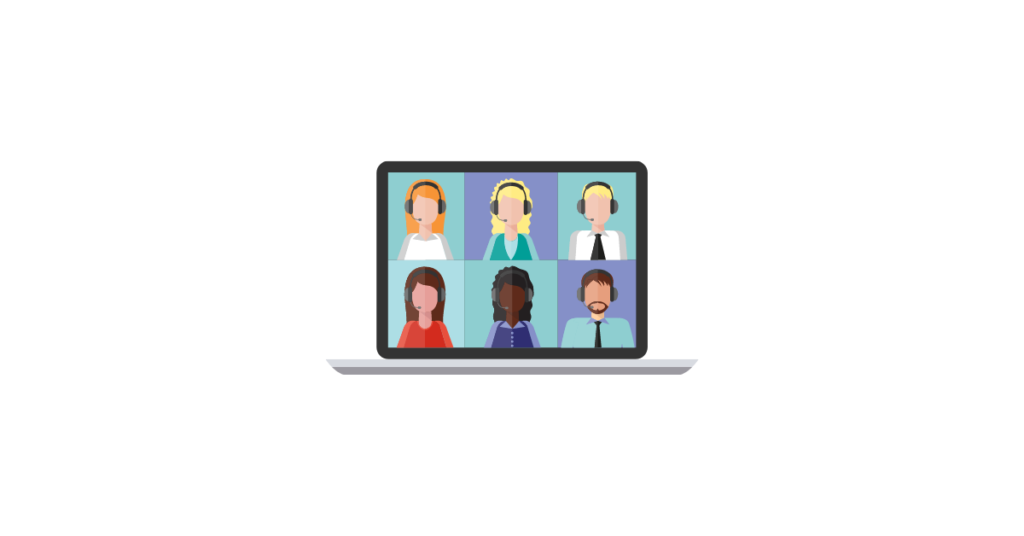What does research say about remote learning?
This link to an article by Dr Michael Harvey provides references for evidence-based approaches to maximize the impact of online teaching based around the science of learning research centre at the University of Queensland. This highlights a number of approaches including “that a combination of relevant visual images and speaking to the images as prompts greatly enhances learning,” and suggests that in an an online environment “providing learners with predictable presentation formats with text, subheadings, and images in the same locations will improve learner focus.” The “adoption of a spiral curriculum can also help” where it’s “not simply the repetition of a topic taught. It requires also the deepening of it, with each successive return to concepts building on the previous one.” Dr Michael Harvey can be found on Twitter at @Dr_Harves
https://m.youtube.com/watch?feature=youtu.be&v=GIc1lL6-tcw
https://twitter.com/huntingenglish/status/1253051480984244224?s=21
https://twitter.com/mangahigh/status/1263348918747901952?s=21
What online courses will help prepare for and develop remote learning?
 Staying connected with remote learning through Microsoft Teams and Office 365. This free online course will help with understanding the difference between remote learning and online learning, look at evaluating considerations, explore options for continuing the learning and connections with your pupils, how to establish routines and develop workspaces that foster learning, and reflect on how to incorporate your school traditions and develop connections. Sign in with your Glow email address so that you can receive a certificate, badge and transcript of what has been undertaken.
Staying connected with remote learning through Microsoft Teams and Office 365. This free online course will help with understanding the difference between remote learning and online learning, look at evaluating considerations, explore options for continuing the learning and connections with your pupils, how to establish routines and develop workspaces that foster learning, and reflect on how to incorporate your school traditions and develop connections. Sign in with your Glow email address so that you can receive a certificate, badge and transcript of what has been undertaken.
. Keeping Students engaged: Building strong student/teacher connections in a remote learning environment
Keeping Students engaged: Building strong student/teacher connections in a remote learning environment – a free online course providing information about the use of Microsoft Teams to develop remote learning experiences, how to create a class Teams call, use of pre-recorded lessons, assessment tools available in remote learning and how Assignments and Grades in Teams support your review process, as well as how OneNote Class Notebook can enhance your they way you share resources with pupils as well as evaluate their understanding. Sign in with your Glow email address so that you can receive a certificate, badge and transcript of what has been undertaken.
. Accessibility, Special Education, and online learning: Supporting equity in a remote learning environment – a free online course about supporting equity in a remote learning environment, providing tips for ways to make content accessible for all pupils, and to help pupils transition to remote learning . Sign in with your Glow email address so that you can receive a certificate, badge and transcript of what has been undertaken.
Accessibility, Special Education, and online learning: Supporting equity in a remote learning environment – a free online course about supporting equity in a remote learning environment, providing tips for ways to make content accessible for all pupils, and to help pupils transition to remote learning . Sign in with your Glow email address so that you can receive a certificate, badge and transcript of what has been undertaken.
Blog Post Credit: Malcolm Wilson


 “A journey of a thousand miles begins with a single step”
“A journey of a thousand miles begins with a single step”